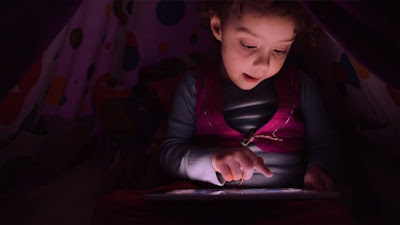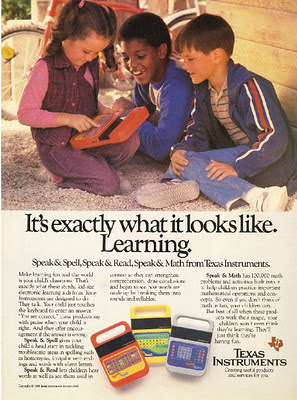Common Lisp is the best language to learn programming
Now that Conrad Barski's Land of Lisp (see my review on Slashdot) has come out, I definitely think Common Lisp is the best language for kids (or anyone else) to start learning computer programming.
Between Land of Lisp, David Touretzky's Common Lisp: A Gentle Introduction to Symbolic Computation (really great book for people new to programming, available for free) and The Little LISPer (3rd edition, editions four and up use Scheme) you have three really great resources to get started.
Lisp's syntax is a great advantage because it is so simple to learn and has so few special cases. The interactive, iterative development style and real late-binding means you can build programs in parts and add to them as you go. The presence of real metaprogramming means you always have the ability to look at any part of your program and its state to find out what it's doing/what's wrong. The HyperSpec and Common Lisp The Language are two of the best programming language reference manuals ever written.
The best parts about Common Lisp are that it's a language that's hard to outgrow and that it makes difficult things easy. One of the chapters in Land of Lisp explains HTTP and HTML and has you build a basic web server. That chapter is only 15 pages! There's tons of ideas in the language, and because you're not restricted to a particular programming paradigm, you're always discovering better ways of doing things and developing a personal style.

